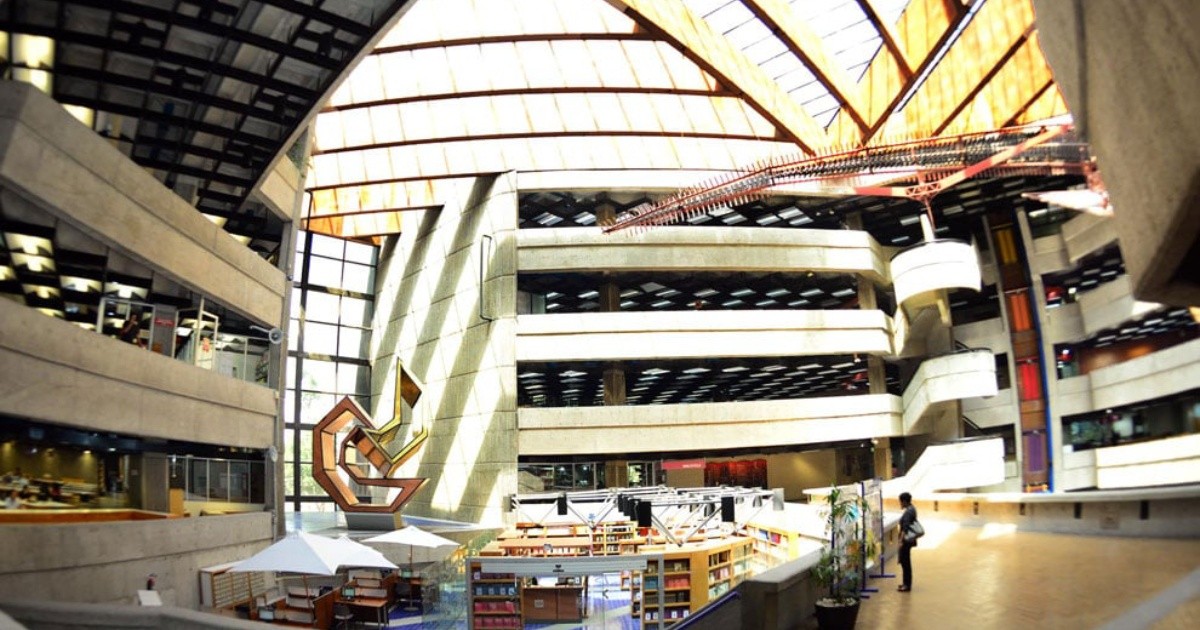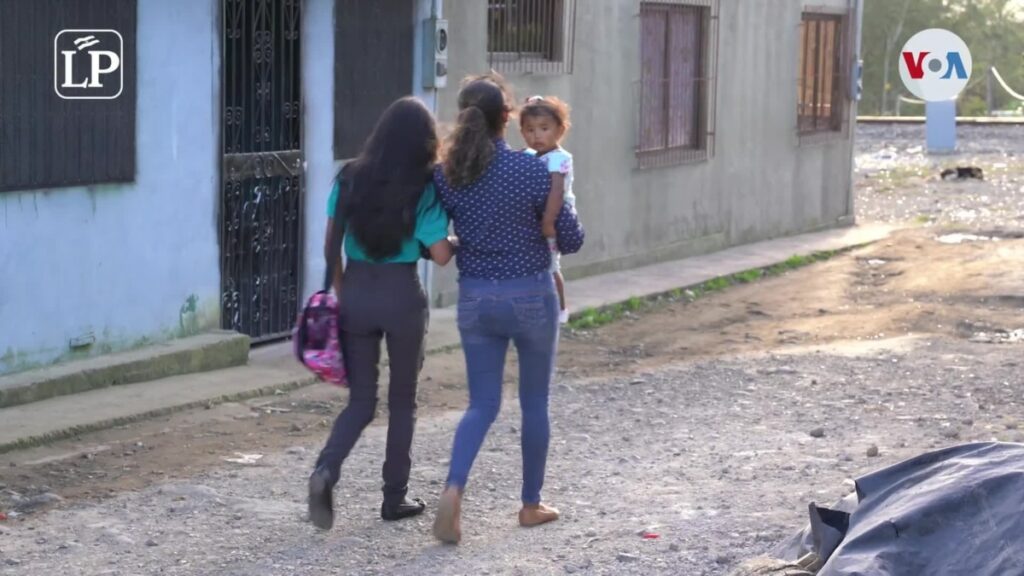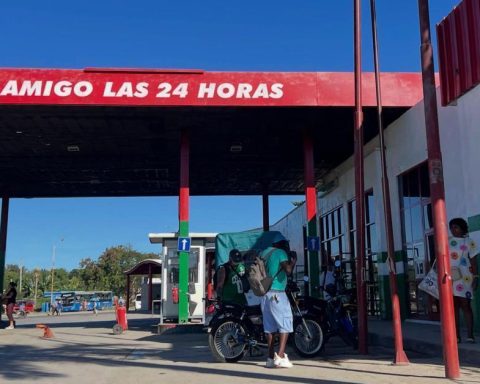On Tuesday, the plenary session of the Chamber of Deputies unanimously approved the draft decree reforming articles 33, 39 and 43, and adding article 34 bis to the General Law on Libraries, by way of adjustments to the precepts on the Legal Deposit of Publicationsafter last year about 80 unions subject to this law promoted Amparos before the Supreme Court of Justice of the Nation (SCJN) to request the suspension of the reforms to this same law, in particular those related to the Legal Deposit, published in the Official Gazette of the Federation in June 2021.
The purpose of these new reforms, explains the draft decree, is “to incorporate regulatory provisions that give greater clarity to this instrument of public policy.”
The law obliges producers or publishers of cultural, scientific, technical or educational works or content in print and electronic, analog or digital formats referring to cultural, scientific and technical content produced in national territory, such as books, newspapers, magazines, catalogs, brochures, sheets, maps, plans, scores, phonograms, records, tapes, microfilms, slides, photographic material, posters and diagrams, among others, to deliver copies of their materials, depending on the format, to integrate this deposit.
The proposed adjustments
Of these reform proposals, the addition of 34 Bis stands out, where six criteria are specified under which the works or diverse contents must be integrated into the Legal Deposit.
Three of these criteria are: respect for copyright and related rights; implementation of technological protection measures by the depository institutions, and the availability of materials for public consultation according to the number of copies delivered to each depository institution or, where appropriate, based on the agreements established with the publishers or producers of the works.
This last criterion reiterates the conviction of make available for public consultation the materials delivered to the Legal Depositan issue that was refuted by associations such as publishing, music, and audiovisuals, considering that the three depositary institutions authorized by law —the Library of Mexico, the Library of Congress and the National Library of Mexico— lack the measures technological necessary to guarantee that there are no reproductions and profit without the authorization of the owners of these deposited materials and, therefore, contravenes the Federal Copyright Law.
However, on paper, the incorporation of the first two criteria, to guarantee respect for copyright and related rights, and for the implementation of technological protection measures, must oblige the State to guarantee that the contents deposited cannot be reproduced. without the authorization of the person or institution that owns the rights. If these reforms are approved, a project for the comprehensive and technological protection of materials must be launched, regardless of their format, and these locks must be discussed with the rights holders.
sanctions and exceptions
The proposed modification to article 39 indicates that the materials subject to their incorporation into the Legal Deposit must be delivered within ninety calendar days after their publication, commercial distribution, diffusion or making available, except those that due to the nature of their format require a longer term.
Article 43 establishes that publishers or producers who do not comply with the deposit obligation must pay a fine equivalent to twenty times the public sale price of undelivered materials, although publishers of printed works are exempt from the foregoing. whose print run is less than 25 copies.
As it is a minute sent from the Senate of the Republic, at the initiative of Senator Susana Harp Iturribarría, president of the Culture Commission, and having a modification in the transitory articles in San Lázaro, this initiative returns to the upper house to review and vote.
To recap, the Supreme Court ruling:
In June 2022, the SCJN granted the protections promoted by producers and editors of editorial, musical and audiovisual content, among others, to dictate that the materials dumped in the Legal Deposit cannot be made available for public consultation without prior authorization from the owners. of rights and that the responsible party must “implement effective technological protection measures and rights management information such as any technology, device or component that, in the normal course of its operation, protects copyright.”
The three depositary institutions authorized by law:
- The Library of Mexico
- The Union Library of Congress
- The National Library of Mexico
Consult the draft decree:
bit.ly/3EcLW06

















